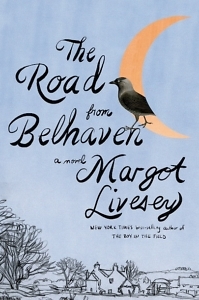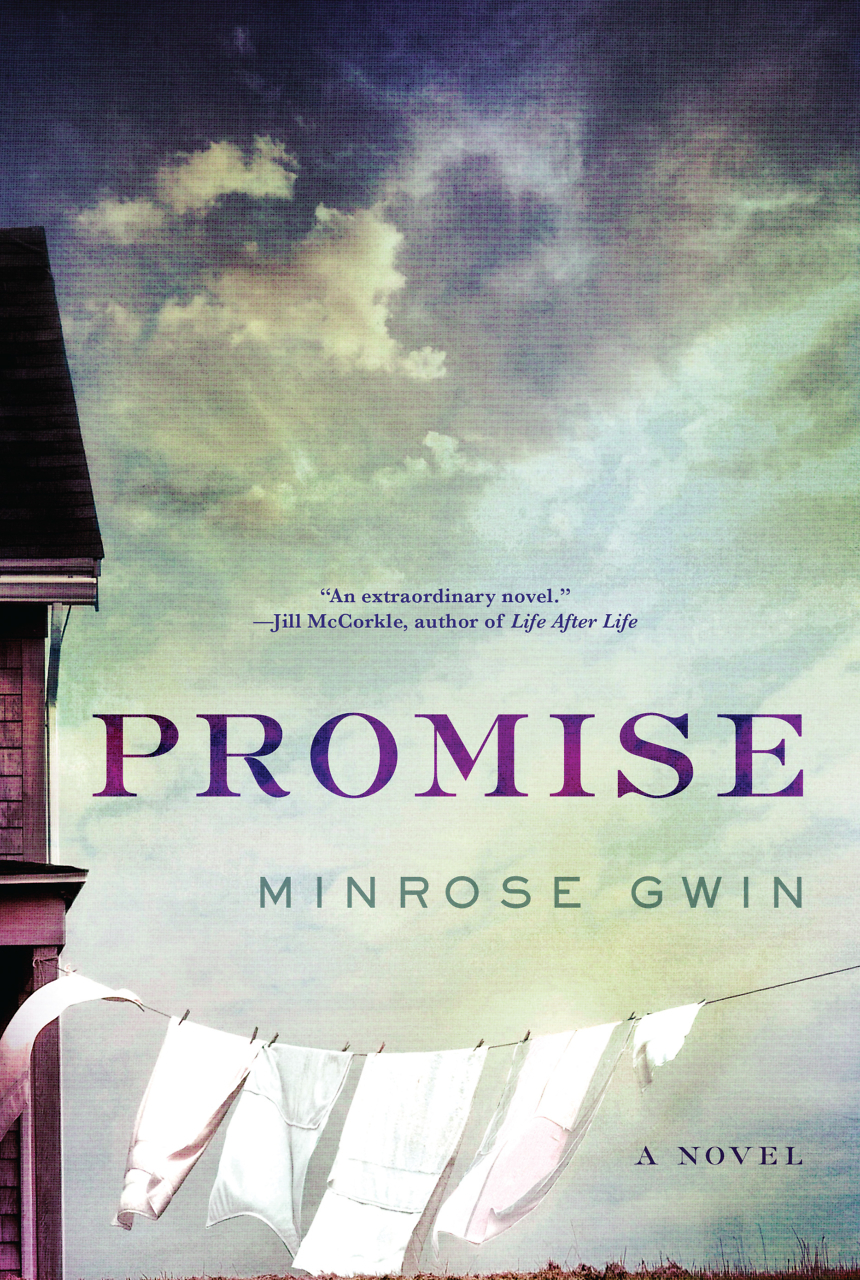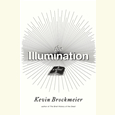Quietly Determined
A young woman finds her way in Margot Livesey’s The Road from Belhaven
Lizzie Craig, the quiet, determined young woman at the heart of Margot Livesey’s The Road to Belhaven, discovers at age 10 that she possesses powers of clairvoyance. When her grandmother Flora, unaware of Lizzie’s gift of second sight, tells her that to attempt to know the future is “the devil tempting us,” Lizzie learns to keep quiet about her “pictures,” as she calls them, even as they guide her way.

What our young heroine cannot know is how this veil of secrecy is but one of several ways that religious patriarchy will shape her destiny. Coming of age in 19th century Scotland, Lizzie’s life promises to be dictated and circumscribed by the actions of men, no matter her attempts at agency. Even those men who show her affection and love unwittingly create traps from which Lizzie struggles to extricate herself. Livesey’s heartrending and exquisite telling of Lizzie’s passage from child to adult explores a series of choices that, no matter how carefully she makes them, leave her fighting, and sometimes failing, to live according to both responsibility and desire.
As a child raised in the Scottish countryside by her grandparents Flora and Rab, Lizzie’s days are both bound and blessed by the contours of farm life, “every stone and puddle and nettle.” Her companions include a quintet of ducks, a donkey named Acorn, and Alice, a pet jackdaw (a type of corvid), who accompanies Lizzie as she milks cows, harvests corn, and gathers eggs. But farm life can also be harsh: lean seasons, lonely days, and the loss of beloved animals. For all their hard work, the Craigs are always at the mercy of nature and but a few steps ahead of hunger.
Lizzie’s loneliness ebbs when an older boy, Hugh, arrives to work on the farm, and the two become close, helpful to one another. But after some years, Hugh sours on farm life, where “everything depends on luck.” The industrial age is upon them, and Hugh sets out for Glasgow, intent on “work with something reliable, like a steam engine: energy in, energy out.”
 Hugh’s departure presents a major turning point for Lizzie: While she is an able, agreeable contributor to the farm’s upkeep, dutiful and observant, her friend’s example offers another way of life, a taste of freedom. A second example comes with the discovery that she has an older sister, Kate, who comes to live with the Craigs when Lizzie is 12. Kate soon marries and starts a family, and not long after, Lizzie too feels the yearning of first love. When presented with a chance to be closer to her young suitor, she sets out for the city. If Belhaven Farm is all she’s ever known — a certain, if occasionally hardscrabble future — Glasgow represents opportunity amidst the unknowns. “How would I get a job?” she wonders. “Where would I live? Even to ask such questions was thrilling.”
Hugh’s departure presents a major turning point for Lizzie: While she is an able, agreeable contributor to the farm’s upkeep, dutiful and observant, her friend’s example offers another way of life, a taste of freedom. A second example comes with the discovery that she has an older sister, Kate, who comes to live with the Craigs when Lizzie is 12. Kate soon marries and starts a family, and not long after, Lizzie too feels the yearning of first love. When presented with a chance to be closer to her young suitor, she sets out for the city. If Belhaven Farm is all she’s ever known — a certain, if occasionally hardscrabble future — Glasgow represents opportunity amidst the unknowns. “How would I get a job?” she wonders. “Where would I live? Even to ask such questions was thrilling.”
Lizzie is soon caught in a bind: between honoring and obeying the grandparents whose words and work ethic have guided her life and the fresh start she believes she’ll find in Glasgow. Livesey depicts the girl’s struggle in masterfully drawn historic settings, from the Belhaven farmhouse and fields to a bowling clubhouse in Glasgow; from the Tam O’Shanter pub where Lizzie takes a room and tends bar to an office where she gets a job among other girls as a locomotive tracer, a sort of progenitor of graphic design. From the girls’ pinafores to their dances at the pub, a Scottish sense of place is alive on every page, crisp and bright.
Yet Lizzie’s story also manages to feel timeless, universal. She’s a young woman torn between family and her own imagined future, pulled apart by two homes. One can also see in her story a reflection of today’s working poor, caught in unforgiving systems where, sometimes, bad decisions must be made out of desperation. Lizzie’s grandmother cautions her that “a lie will find you out,” but Lizzie later finds that circumstances can push one into falsehood, despite one’s best intentions. “A lie might not always find you out,” she reflects, “but it did make it hard to get back to the truth.”
Lizzie’s story is captivating not only in its dramatic twists and its piquing of our greatest sympathies, but in the delicate, precise language Livesey wields throughout. Her writing feels both as quiet as a country lane and as loud as a locomotive, sometimes in the span of a single sentence or paragraph, making The Road from Belhaven a journey of deep pleasure, even when it is working, with great might, to break our hearts.

Susannah Felts is a writer based in Nashville. Her writing has appeared in The Best American Science and Nature Writing, Joyland, Oxford American, Guernica, Literary Hub, and elsewhere.


